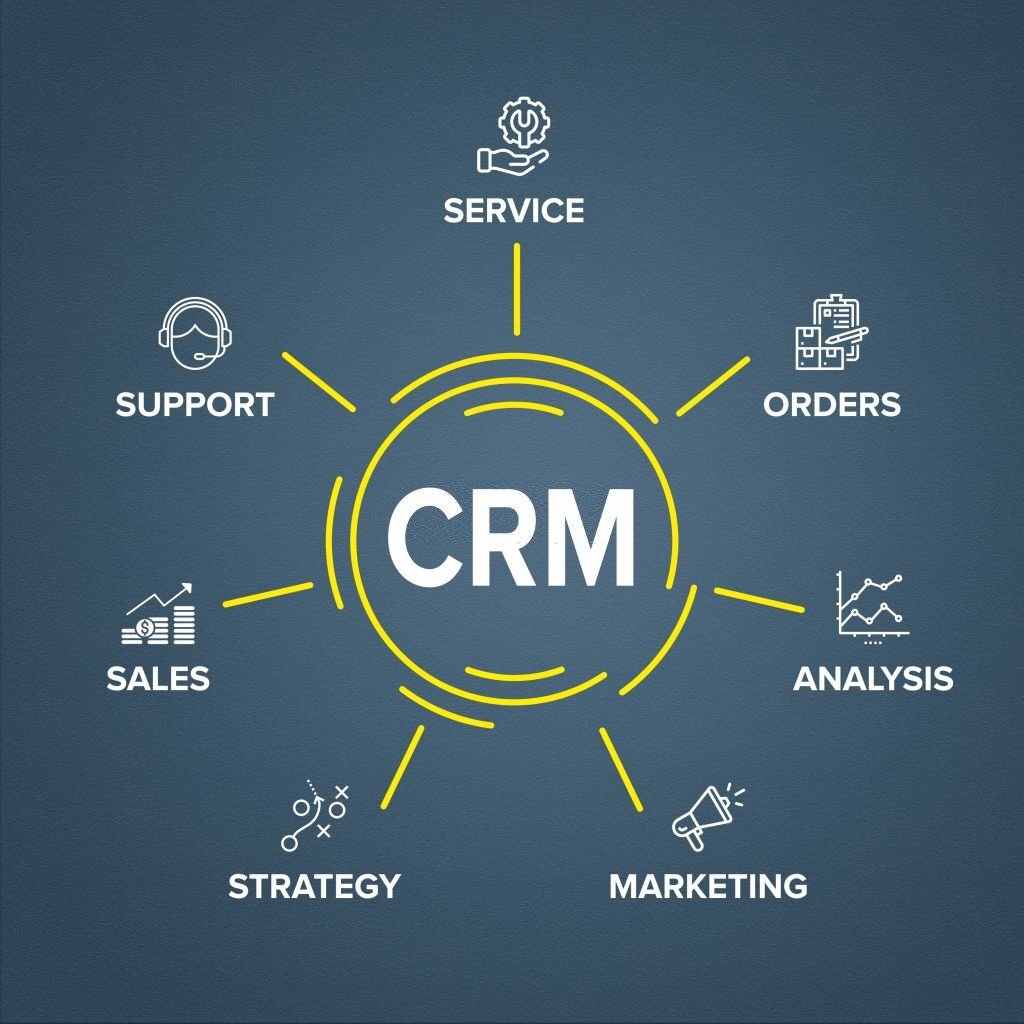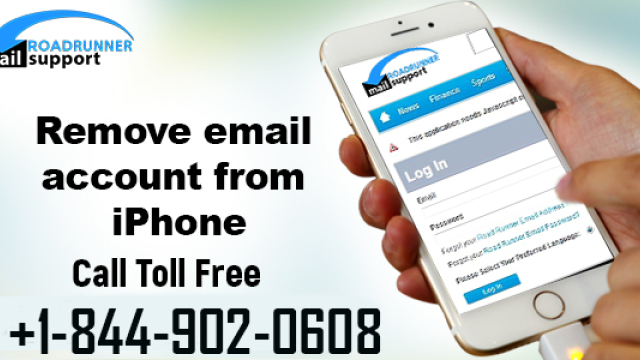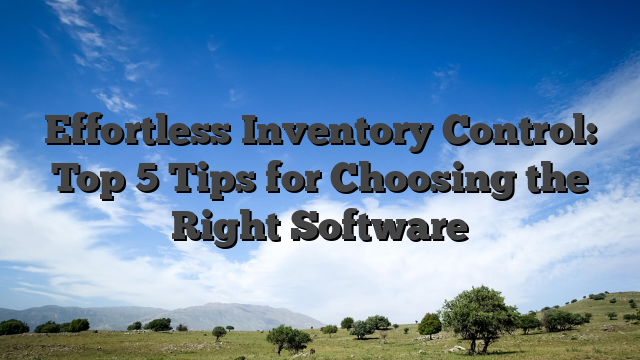In today’s competitive business landscape, customer relationship management (CRM) is not merely a tool but a strategic necessity. CRM systems enable businesses to manage and analyze customer interactions, streamline processes, and drive growth. With various CRM types available, each tailored to specific business needs, it’s essential to understand their core functions and how they can benefit your organization.
The Evolution of Customer Relationship Management Software
Customer Relationship Management has come a long way from its early days of simple contact management. Today, it encompasses a wide range of functionalities designed to enhance customer engagement and drive revenue growth. Let’s delve into the market-leading CRM types and explore their core functions:
1. Operational CRM
Operational CRM focuses on automating and improving customer-facing processes, making it an indispensable tool for sales, marketing, and service teams. Its core functions include:
Contact Management: Efficiently store and manage customer information, including contact details, purchase history, and communication preferences.
Sales Automation: Automate sales-related tasks, such as lead tracking, opportunity management, and quote generation, to boost sales team productivity.
Marketing Automation: Create targeted marketing campaigns, automate email marketing, and track customer responses to optimize marketing strategies.
Service Automation: Improve customer service by automating support ticket management, ensuring timely responses to customer inquiries, and tracking service requests.
2. Analytical CRM
Analytical CRM focuses on leveraging data to gain insights into customer behavior, preferences, and trends. Its core functions include:
Data Analysis: Analyze customer data to identify patterns, trends, and opportunities, helping businesses make informed decisions.
Customer Segmentation: Segment customers based on demographics, purchase history, and behavior to tailor marketing and sales strategies.
Predictive Analytics: Predict future customer behavior and identify potential cross-selling and upselling opportunities.
3. Collaborative CRM
Large companies with numerous departments frequently suffer with internal communication, particularly when it comes to acquiring and properly storing data. Such clumsy procedures may result in unfavourable consumer interactions with the business and harm the company’s reputation. To avoid this, the digital market offered technology that is collaborative (often referred to as strategic) in nature. Such CRMs assist businesses in organising the teamwork of all participants, improving customer data collection and streamlining marketing and sales activities. Key characteristics of this kind include:
Interaction Tracking: Track and record customer interactions across various touchpoints, ensuring a seamless experience.
Knowledge Management: Centralize customer-related information and share knowledge across teams to improve decision-making and customer service.
Cross-Functional Collaboration: Facilitate collaboration among sales, marketing, and service teams to enhance customer engagement and satisfaction.
4. Strategic CRM
Strategic CRM focuses on long-term customer relationships, aiming to maximize customer lifetime value. Its core functions include:
Customer Loyalty Programs: Design and implement loyalty programs to reward and retain loyal customers.
Customer Retention Strategies: Develop strategies to reduce churn rates and enhance customer retention.
Personalization: Tailor products, services, and communication to individual customer preferences and needs.
5. Campaign Management CRM
Campaign Management customer relationship management system specializes in planning, executing, and tracking marketing campaigns. Its core functions include:
Campaign Planning: Plan and organize marketing campaigns, set goals, and allocate resources efficiently.
Multi-Channel Campaign Execution: Execute campaigns across various channels, such as email, social media, and advertising platforms.
Performance Tracking: Monitor campaign performance in real-time, analyze results, and make data-driven adjustments.
6. Social CRM
In the age of social media, Social CRM focuses on managing interactions and relationships on social platforms. Its core functions include:
Social Listening: Monitor social media conversations and mentions of your brand to understand customer sentiment.
Engagement Tracking: Track and respond to customer inquiries, comments, and messages on social media platforms.
Social Analytics: Analyze social media data to identify trends and opportunities for engagement and improvement.
7. Mobile CRM
With the increasing use of mobile devices, Mobile CRM allows businesses to access data on-the-go. Its core functions include:
Mobile Access: Access customer information, sales data, and other software functionalities via mobile apps.
Location-Based Services: Utilize location data to enhance sales and marketing efforts, especially for businesses with a physical presence.
Offline Access: Access CRM data even when offline, ensuring uninterrupted productivity.
8. Cloud-Based CRM
Cloud-based CRM solutions Singapore offer flexibility, scalability, and cost-effectiveness. Their core functions include:
Accessibility: Access CRM data and tools from any device with an internet connection, promoting remote work and collaboration.
Scalability: Easily scale your CRM solution as your business grows without the need for significant infrastructure investment.
Security: Cloud CRM providers prioritize data security, ensuring that customer data remains protected.
9.Customer support
Naturally, teams can organise customer care to varying degrees using all CRM platforms. However, the fundamental calling and messaging features are insufficient for businesses with a sizable customer base. CRM systems designed for customer service enlarge their feature sets to give a complete picture of how customers engage with a business. Implementing a CRM system like this enables future customisation of services while also enhancing technical support as it is today.
Namely, functions of customer care CRM systems encompass:
- Ticketing and task management;
- Help desk and other call center functions;
- VoIP and telecommunications;
- Integrated email agent;
- Automated replies for frequently asked questions;
- Customer care analytics;
- Performance tracking for employees.
Read More – Inventory System
The Importance of Choosing the Right Customer Relationship Management System
Selecting the most suitable customer relationship management system type for your business is a critical decision. To make an informed choice, consider the following factors:
- Business Needs: Assess your specific business requirements and objectives. Identify areas where CRM can enhance efficiency and customer engagement.
- Integration: Ensure that the chosen customer relationship management system can seamlessly integrate with your existing tools and software to avoid data silos.
- Scalability: Choose a CRM solution that can grow with your business, accommodating future needs and expansion.
- Ease of Use: Opt for a user-friendly CRM that requires minimal training for your team to maximize its benefits.
- Data Security: Prioritize data security and compliance with data protection regulations to protect customer information.
- Cost Considerations: Evaluate the total cost of ownership, including licensing, implementation, and ongoing support.
- Vendor Reputation: Research CRM providers and their track records to select a reputable vendor known for quality service and support.
Conclusion
In the ever-evolving business landscape, the right customer relationship management system can be a game-changer for your organization. By understanding the core functions of different types and aligning them with your business objectives, you can make an informed choice that empowers your teams, enhances customer relationships, and ultimately drives growth and success. Remember that the effectiveness depends on how well it’s implemented and utilized within your organization, so invest in training and support to make the most of your chosen CRM system.




